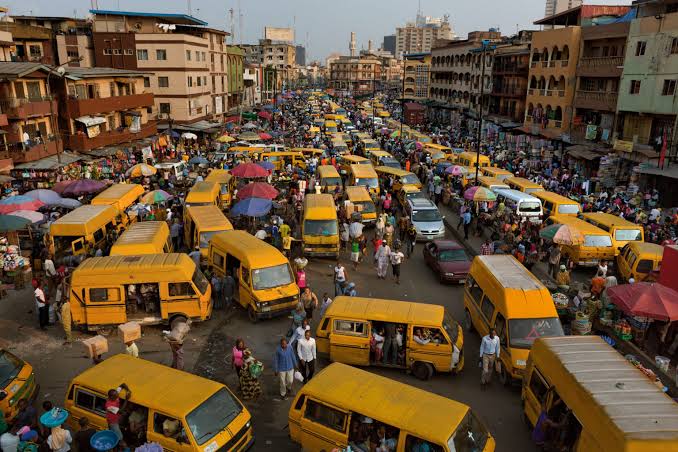The term “Lagos Boy” or “Ọmọ Èkó” has deep cultural and historical roots in Nigeria, particularly in the context of how Lagos, the country’s commercial capital, is perceived both by its residents and those from other regions.
Those who lived in Lagos were seen as more exposed, savvy, and sometimes street-smart, owing to the city’s bustling and competitive environment. Over time, this perception crystallized into a stereotype of the “Lagos Boy” as someone who is sharp, resourceful, and confident—qualities that often stand out when they return to their hometowns.
In contemporary times, “Lagos Boy” can be both a term of endearment and a playful jibe, depending on the context. It reflects the ongoing influence of Lagos as the epicenter of Nigerian urban culture, fashion, language, and business. Even among Nigerians living abroad, being a “Lagos Boy” carries connotations of being well-versed in the ways of a metropolitan lifestyle.
However, the origin of the phrase could be traced to the military era of/in Nigeria. Let’s go down memory lane:
“In the early 1980s, Commodore Bode George, a man of significant stature and influence, served as the Military Governor of Ondo State.
Known for his deep ties to Lagos, his charisma, and his unwavering pride in his roots, Bode George became a symbol of Lagosian identity and resilience.
During his tenure, Bode George was once asked by a journalist what he would like to be remembered for after his time as governor. His response was simple yet profound: “That a ‘Lagos boy’ passed through this place.”
This statement resonated far beyond the corridors of Ondo State’s government. With those few words, George encapsulated the essence of what it meant to be a true “Lagos boy”—a person of Lagos origin, marked by a unique blend of confidence, ambition, and an unbreakable connection to the vibrant, bustling city of Lagos.
The phrase ‘Lagos boy’ was not new, but in that moment, it took on a new life. It became more than just a casual reference to someone from Lagos; it became a badge of honor, an identity that people from Lagos would wear with pride.
The term, as used today, symbolizes more than just geographical origin. It represents a spirit of resilience, an enterprising nature, and an unspoken understanding of the hustle and bustle that defines Lagos life.
Bode George’s words immortalized the term, and over the years, it has become a cultural identity for many who call Lagos home. Today, when someone refers to themselves as a ‘Lagos boy,’ they’re not just stating where they’re from—they’re declaring a sense of belonging to a city known for its energy, its opportunities, and its unmistakable influence on Nigeria and beyond.
The story of how ‘Lagos boy’ became a widely recognized and celebrated term is a testament to the power of words and how they can shape cultural identity.
Commodore Bode George may have been a governor for a brief period, but with those words, he left an indelible mark, forever linking himself with the city that shaped him and that he so proudly represented.
So, the next time you hear someone proudly proclaim themselves as a ‘Lagos boy,’ remember the origin of that phrase—a tribute to Lagos, its people, and the enduring legacy of those who have passed through its gates.”
Get instant and latest news updates via Our WhatsApp Community or Google News online channel.

